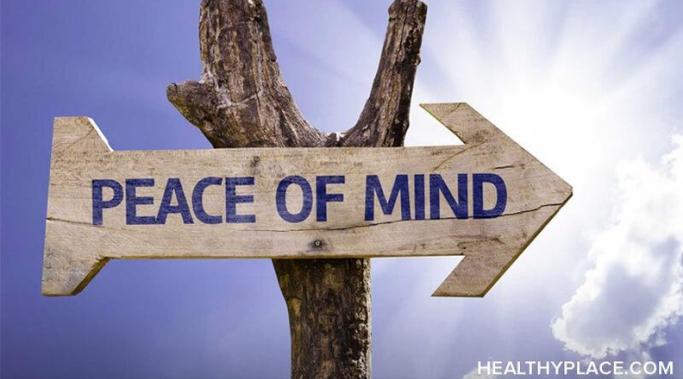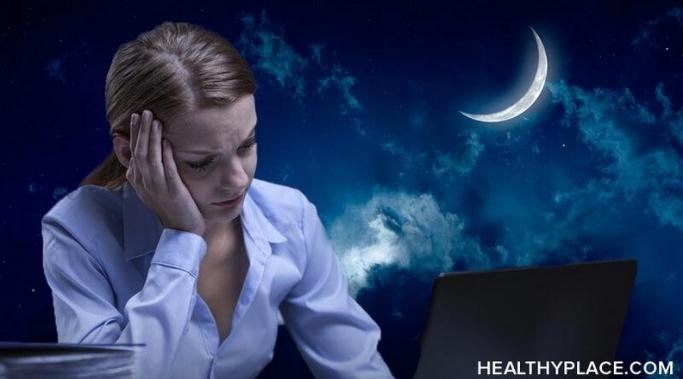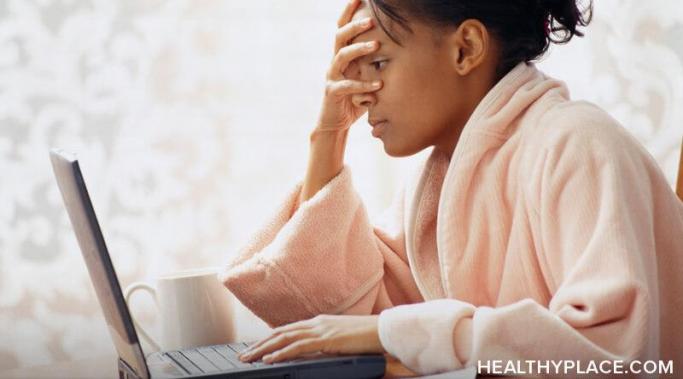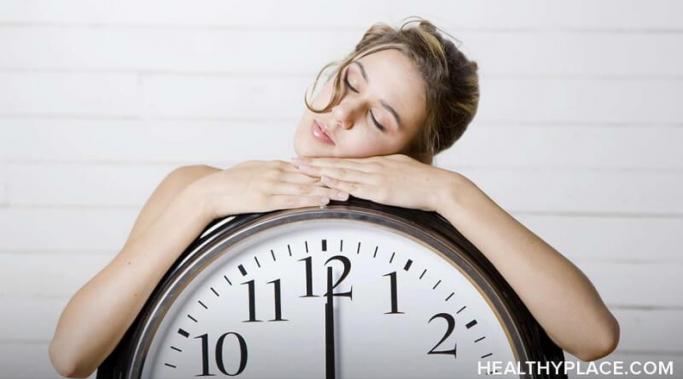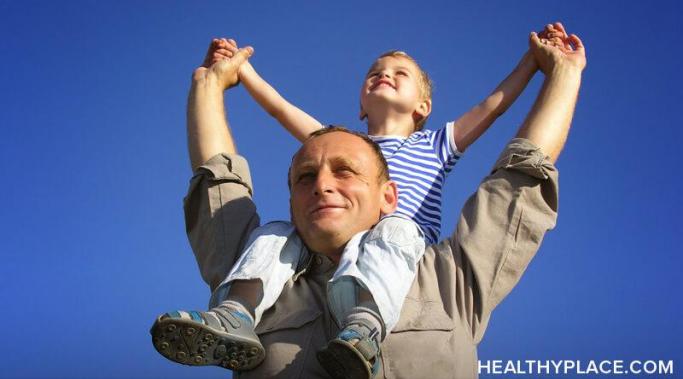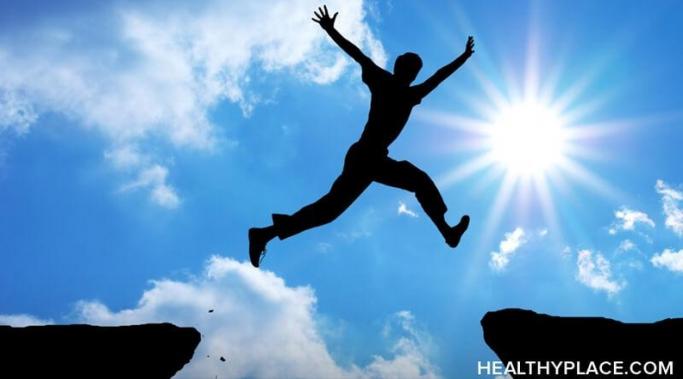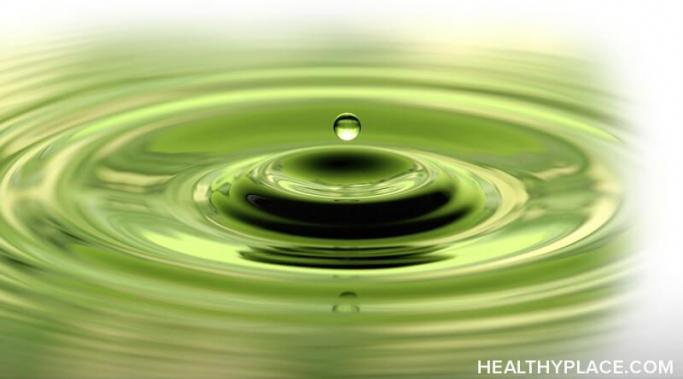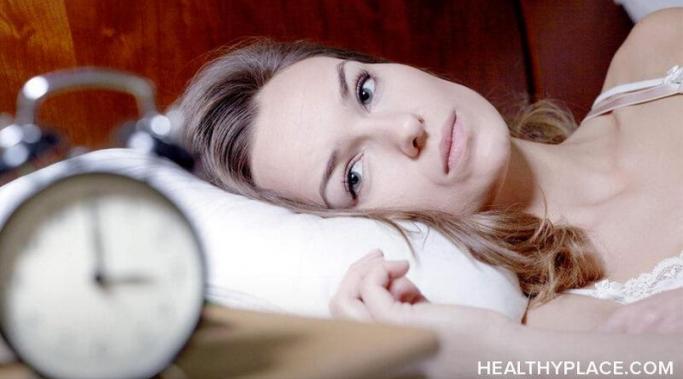Anxiety can make people feel inferior and erode self-confidence. The harsh, self-critical, judgmental voice of anxiety can also distort the way we see ourselves, causing us to ignore our positive qualities and exaggerate our very human flaws and foibles. If anxiety ever makes you hard on yourself, keep reading. You don't have to take anxiety's word at face value.
Anxiety Management – Anxiety Schmanxiety
One of the things I’ve done to relax, for literally as far back as I can remember, is rewatch movies that I consider to be favorites. There are a handful of movies that I’m guessing I’ve seen 100s of times because, for whatever reason, they make me feel relaxed when I watch them.
Mindful breathing is a simple and powerful tool for enhancing mental health and wellbeing. While this may seem strange, mindful breathing can help anxiety in two opposing ways: It can calm the nervous system, so we feel less anxious, and it can also lead to increased energy. Breathing mindfully can both calm us down and pep us up, countering two frustrating effects of anxiety. Add these four mindful breathing exercises to your daily life for positive, anxiety-reducing benefits.
Yesterday, I woke up in the middle of the night with bad dreams. The dreams were such that I was unable to fall asleep for the rest of the night (it was 4:00 A.M. when I initially woke up) and spent much of the rest of the day in a negative state of mind. Because this tends to happen frequently, I want to take the time to discuss it in a bit more detail.
Anxiety is absolutely exhausting. The many negative effects of anxiety plus the nature of anxiety itself (the worries, the fears, the what-ifs, the worst-case scenarios, and the heightened stress) take a toll on us mentally and physically. It depletes the body and overfills the mind with clutter. As a result, it makes sense to feel drained and exhausted. Fatigue is a common effect of anxiety, and for a good reason. Here's the thing, though. You don't have to remain at the mercy of anxiety. Here's one incredibly simple tip to regain your energy and even reduce your anxiety in the process.
In a recent post, I discussed how anxiety impacts how I experience the passage of time. This is a huge topic to tackle, and so I didn’t even attempt to tackle it all–I focused exclusively on artificially depriving myself of sleep to make time appear to move slower. In this post, I want to focus on other ways time plays into my reactions to anxiety.
Beating anxiety involves intentionally doing the opposite of what anxiety is at its core. Anxiety isn't fun, it is almost devoid of positive purpose, and it robs us of passion for pursuing life. Therefore, cultivating passion, purpose, and fun despite anxiety can go far in beating anxiety.
One of the biggest benefits of modern technology is the ability to take a music collection, even one with tens of thousands of songs, with you at all times. Using iPods and, later, iPhones and iPads, I’ve had my music collection in my pocket for around 15 years.
To reduce anxiety, most of us naturally gravitate toward what is obvious and focus on our anxiety itself. Looking for its cause, trying to figure out our automatic negative thought patterns that exacerbate it, and addressing all of its many symptoms seem like the best way to tackle the problem. These approaches do have a place, but over-focusing on the front end of anxiety (the anxiety itself and what perpetuates it) can keep us stuck. When we do this, much of our focus is narrow and on the problem. What might happen if, instead, we worked backward to reduce anxiety?
I don’t know if I am unique in this respect, but I feel like I am more sensitive to the passage of time than others. How I experience the passage of time plays fairly heavily into how I respond to anxiety. In this post, I want to spend a bit of time discussing how time and anxiety intersect for me.

